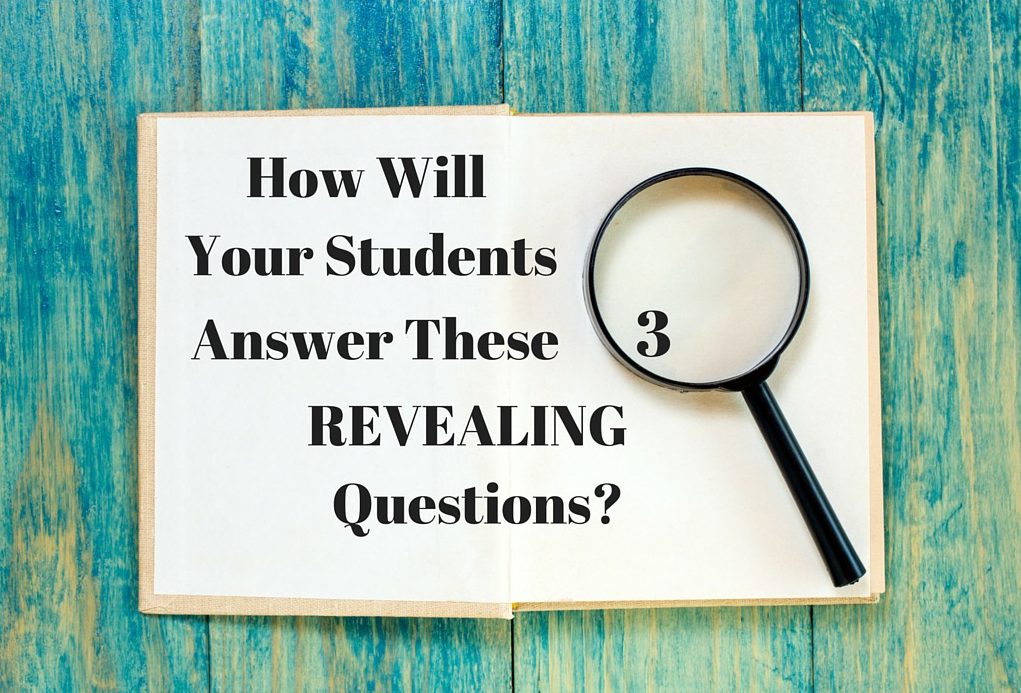 Imagine this familiar TV crime show scene:
Imagine this familiar TV crime show scene:
- An intense interview is conducted in a room with a two-way mirror.
- From the other side of the mirror a person awaiting the response anxiously leans toward the mirror to listen with a mix of hope and dread. The listener knows what they want the interviewee to say but they are not confident the words will be spoken.
- The interviewee answers and the listener…(insert emotional reaction here)
Now, imagine that your students are the people individually being interviewed while you secretly await their answers on the other side of the two-way mirror. They are asked these 3 difficult questions:
- Do you think your teacher is a great teacher? Why or why not?
- Do you think your teacher knows you as an individual and addresses your needs?
- Do you think your teacher enjoys being a teacher and spending his/her days at school?
As you read through those questions, which caused you the greatest sense of hope in your students’ potential answers and which caused you the most unease? Would you want your students to answer all of these questions if they could reply without knowing you were listening?
In K-12 schools, teachers rarely get this type of honest feedback from students. At the college level, evaluations that include similar questions are asked and answered anonymously by students regularly. Why is it that we ask these crucial questions of college students, who spend 3 hours per week with their instructors for only 16 weeks of the year, yet don’t ask these same questions of students in the K-12 system who see their teachers daily for an entire year?
If you are confident you would be comfortable with the responses of your students if given a two-way mirror and these questions, congratulations, you have achieved a level of teaching that many strive for their entire career.
If one of these questions made you most uneasy about your students’ potential responses, find a way to make that a particular goal this year.
Here are points to consider to best use this assessment:
- Create an anonymous way to ask your students these evaluation questions. These questions could be asked via paper/pencil, electronic survey (many free websites such as surveymonkey.com can do this), or ask a trusted colleague to interview a random sample of your students.
- Consider having students expand on their answers for more specific information or add questions.
- Use it as a self-assessment. You can ask yourself, periodically, how you think your students would respond to these questions. You may be able to predict their answers without asking the questions.
- At the middle and end of the year, revisit the list of the 3 difficult questions and see if you are increasingly comfortable with the potential responses of your students.
This quick formative assessment can be the most telling assessment you give this year if you use the “results” to better your teaching and your classroom. You can become the investigator in your own classroom, even without a two-way mirror.
Happy investigating,


I have a good relationship with all of my children’s teachers. My kids know that their teachers love what they do (:
Hi Sara, happy to hear it. Most teachers wish they had good relationships with all of the students’ parents. Everything is so much easier and better when you work together!
I am so grateful for the good and bad teachers my kids have had. Both hove taught them very different things over the years and both prepared them for college and the world.
Dana, thanks for your comment. Teachers do teach us different things and we can learn from all of our experiences. It is always nice to hear that kids are prepared for college and for the world!